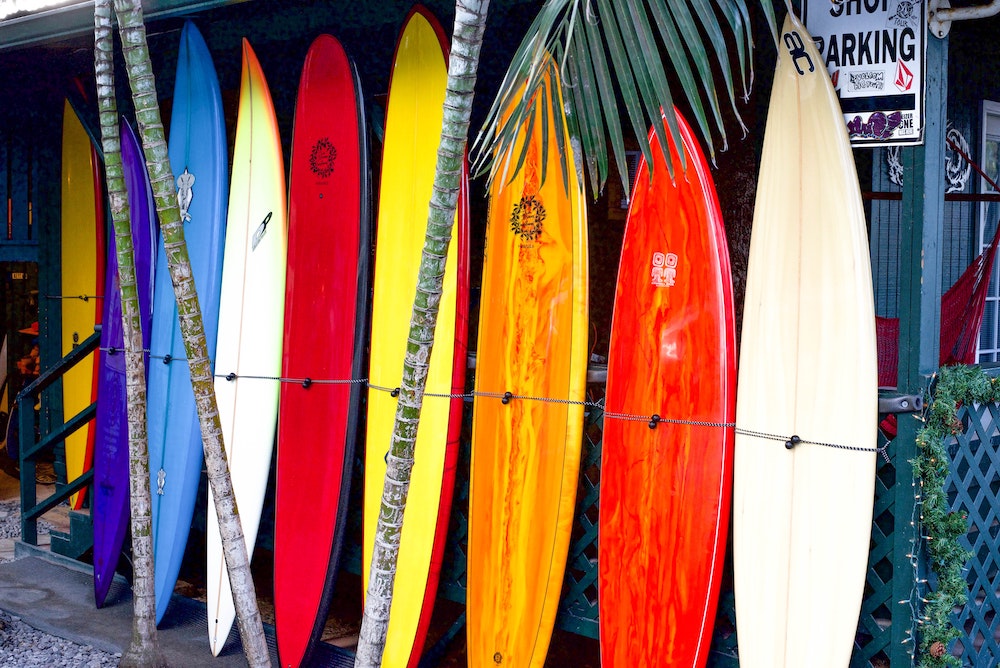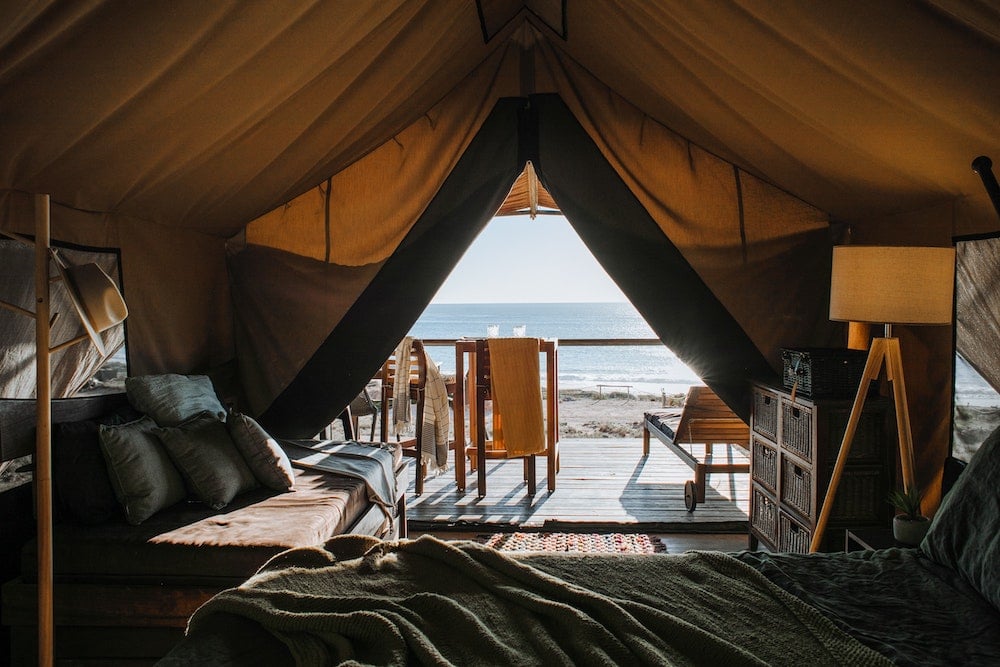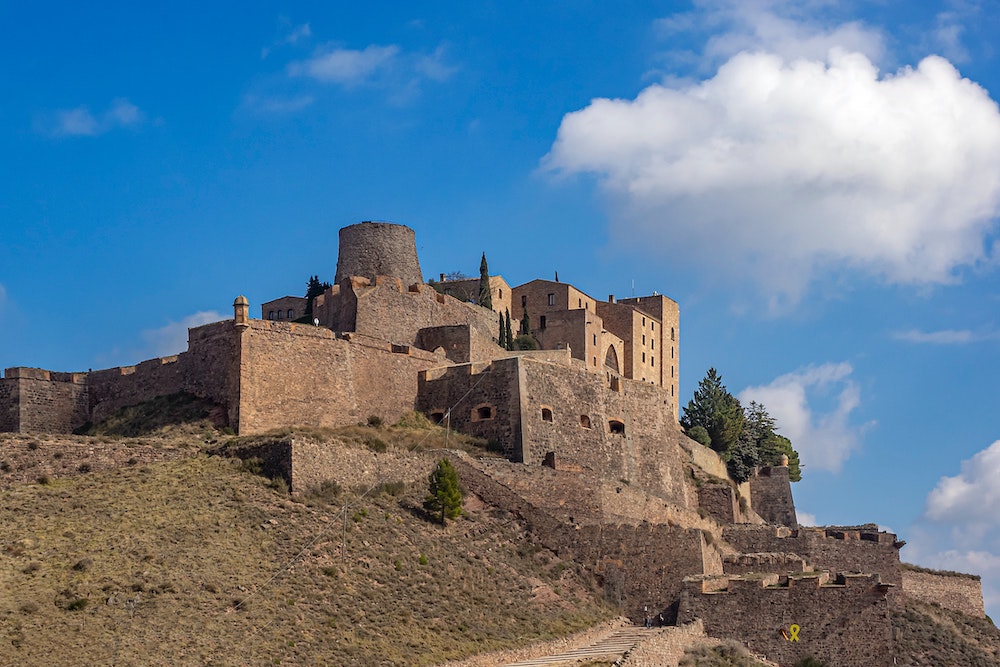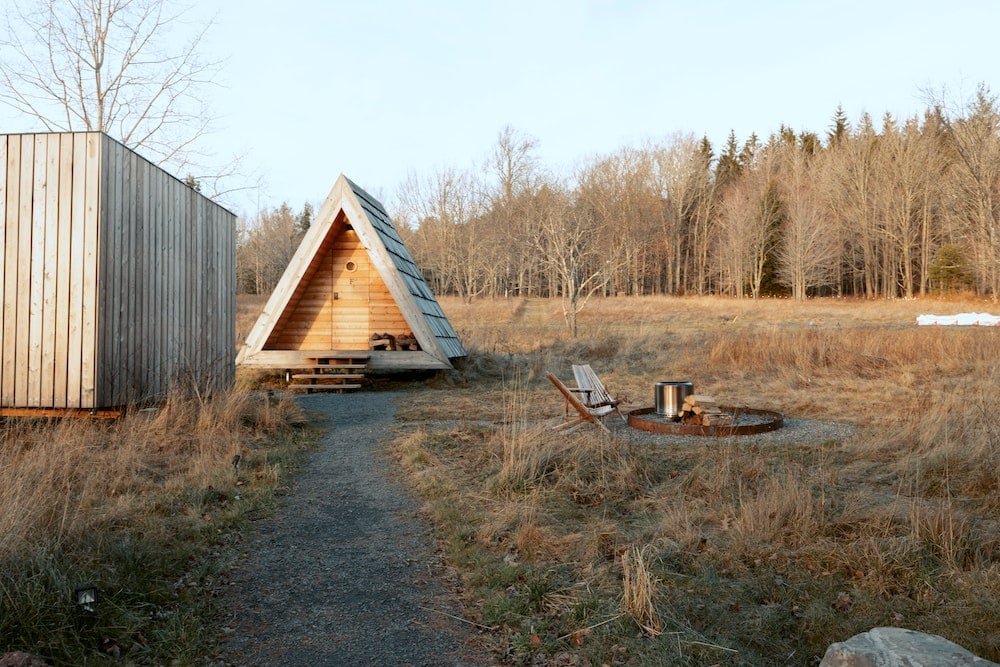Airbnb’s 2022 Summer Release has been hailed as a major development in travel search for vacationers, reflecting important new trends in the way people travel and plan their vacations.
Airbnb CEO Brian Chesky called the changes announced on May 11th “the biggest change to the platform in a decade”, however, the update caused a stir in host forums with some complaining about the new search function.
We take a closer look at each new feature, what it means for you as a vacation rental host and how you can take advantage of the changes to grow your business.
Airbnb Categories: a new way to search
This change introduces a whole new way for travelers to search, allowing them to browse unique or ‘dream’ homes that may never even have crossed their minds before.
The search option is based on 56 categories of properties filtered across a spectrum of home types, locations, and activities to explore.
The new Airbnb home page now defaults to the Design Category, featuring some of the most breathtaking properties available on Airbnb. The home page, or Airbnb Category-only landing page, is similar to an online shop window, offering users of the site a more personalized experience.
What does this change mean?
Guests are able to let their imaginations run wild by browsing Airbnb categories to be inspired to find their ideal holiday. Airbnb organizes the properties by what makes them unique.
One of the most talked-about new categories is the OMG! Category, which showcases some of the site’s most unusual properties, such as a yellow submarine in Australia or a secluded airship in Scotland with highland views.
A guest dreaming of staying in a castle or a treehouse will easily find these. A guest looking for a vacation home featured in a design magazine can search in the Design Category.
The Location Category also includes much broader terms such as lakes, beaches, vineyards, and national parks, so guests can easily find properties near these types of locations.
For those wanting activity-based holidays, the Activity Category offers options such as surfing, camping and golfing.

How does this Airbnb Categories update affect hosts?
Judging by some comments on Airbnb host forums, this is the most controversial part of the updates for hosts. Homes in each category go through a curation process. Millions of active listings on Airbnb are evaluated using machine learning to analyze titles, descriptions, photo captions, and guest reviews. So it’s important to make sure your listing info is up to date and complete.
Although some hosts have mentioned that their listing titles have been replaced and no longer show up in the same searches, this change has helped vacation rentals that hadn’t been featured in the past to appear in more searches.
Another concern for hosts is that the home page featuring some of the most beautifully designed, but also most expensive homes, could act as a turn-off for vacationers on more modest budgets. For example, one property featured on the home page – Joshua Tree, California, US – designed by Ken Kellogg and John Vugrin, is listed at 16,443 € per night in May.
How to use the new Airbnb search function to your advantage?
Change is scary but it’s inevitable for growth. With this new change, you can try to influence the category or categories for which your home will be shown by ensuring you use the terms identified with that category, e.g. beach house, in the title and description of your property listing, as well as amenities, activities and featuring the beach in some of the images you upload.
Focus in your descriptions on what makes your property different or unique, as this is the main criteria and adjust your listing accordingly.
A property can be featured in more than one category, so work out which categories you want your property to be featured in and try to write your listing accordingly.
Also, remember that guest reviews are taken into account in determining when your rental is shown to potential guests, so try to promote the features you want them to mention in their reviews.

Split Stays: more chances for your rental to be seen
Split Stays introduces the ability to book two listings for stays of 7 days or more. Airbnb will automatically match suitable listings when guests search for longer stays. Split stays will automatically appear in search results for specific destinations and 14 categories, including national parks and skiing, to show users they can stay in two destinations for a longer trip, the company said.
What does this change mean?
Guests booking longer stays, a growing travel trend in 2022, who can’t book the property of their choice for the duration of their stay, can now easily add another home in the same area to their booking, which amounts to a split stay. This has not been possible on Airbnb until now and also seems to open the door to the possibility of booking multi-property itineraries on the OTA in the future.
How does this change affect hosts?
This change is a big plus for hosts because it boosts the visibility of your property, even when your rental may not be available for the full duration of a guest’s desired stay. Airbnb will now automatically match your rental to another one to cover the full stay.
AirCover for guests
Airbnb announced a host of new free guest protections but did not include a paid-for guest travel insurance product in partnership with an existing insurance carrier as was widely expected in the industry.
AirCover is now the name of the four free protection measures offered to all guests by Airbnb. (AirCover previously applied to hosts to cover damages and liability).
AirCover for Guests includes a Booking Protection Guarantee, Check-in Guarantee, Get-What-You-Booked Guarantee and a 24-Hour Safety Line.
The Booking Protection Guarantee guarantees that Airbnb will find a guest a similar or better home at their expense if a host cancels a guest’s booking within 30 days of check-in.
The Check-In Guarantee applies when a guest is unable to check-in for some reason and the host can’t resolve the issue. Airbnb will find a similar or better home for the length of the original stay or will refund the guest.
The Get-What-You-Booked Guarantee, states:
If at any time during a guest’s stay, they find your space isn’t as advertised—for example, the refrigerator stops working and you can’t easily fix it, or it has fewer bedrooms than listed—the guest has three days to report it, and we’ll find them a similar or better home at Airbnb’s expense, or we’ll refund them.
The 24 Hour Safety Line, provides priority access to trained safety agents for guests who feel unsafe in any situation.
How does this change affect hosts?
Some hosts have expressed concern that the Get-What-You-Booked-Guarantee mentioned above could be abused by some guests. The extended period of three days to report an issue, in particular, is problematic, which hosts fear guests may try to abuse to get free weekend stays.
Hosts also worry that the new guarantee could lead to more disputes as guests may become more demanding. Some hosts fear this will tip the scale more in favor of the guests, leaving hosts with little power over difficult guests. Read our previous post about how to protect yourself against troubled guests.
How can hosts prevent problems due to this change?
The best way to avoid disputes is to ensure your listings are updated with accurate information. Also choose images that reflect the reality of your rental, ensuring guests don’t arrive with unrealistic expectations.
Another key aspect is guest communications. Keep guests informed of any expected changes to their bookings, for example, if check-in needs to be delayed. Friendly and honest guest communication is the best way to ensure your guests don’t become disgruntled, which could lead to complaints or disputes. Also, check out our post with email templates for improving guest communications.

Other recent Airbnb changes affecting vacation rental hosts
- Airbnb also recently announced a change to its refund policy for stays booked on or after April 29, 2022. In terms of the new policy, Airbnb will have the right to ask the host to reimburse costs incurred by Airbnb, for example, when it incurs costs in assisting a guest with finding or booking comparable or better accommodations. This will be in addition to the amount of any refund.
- Airbnb also announced it will end its coronavirus-era cancellation policy that allows travelers to cancel a reservation for virus-related reasons as “extenuating circumstances” for reservations starting May 31. The new set of cleaning standards introduced in the wake of the COVID-19 pandemic will, however, stay in place.
- The company also announced strict anti-party measures for Memorial Day and the 4th of July to protect hosts from damage caused by party-goers.
Don’t worry! Your business is set to grow
At first glance, you may be concerned about the impact of the Airbnb Summer Release 2022 on your vacation rental, however overall the changes are likely to be beneficial if you adjust your listings to take advantage of the new features. With the help of an efficient property management system and channel manager, as offered by Lodgify, your business will continue to grow.
Disclaimer: Lodgify is an Airbnb Preferred Software Partner. This post, including any claims or statements within, is solely from Lodgify and is not endorsed by, directly affiliated with, authorized, or sponsored by Airbnb in any way.


